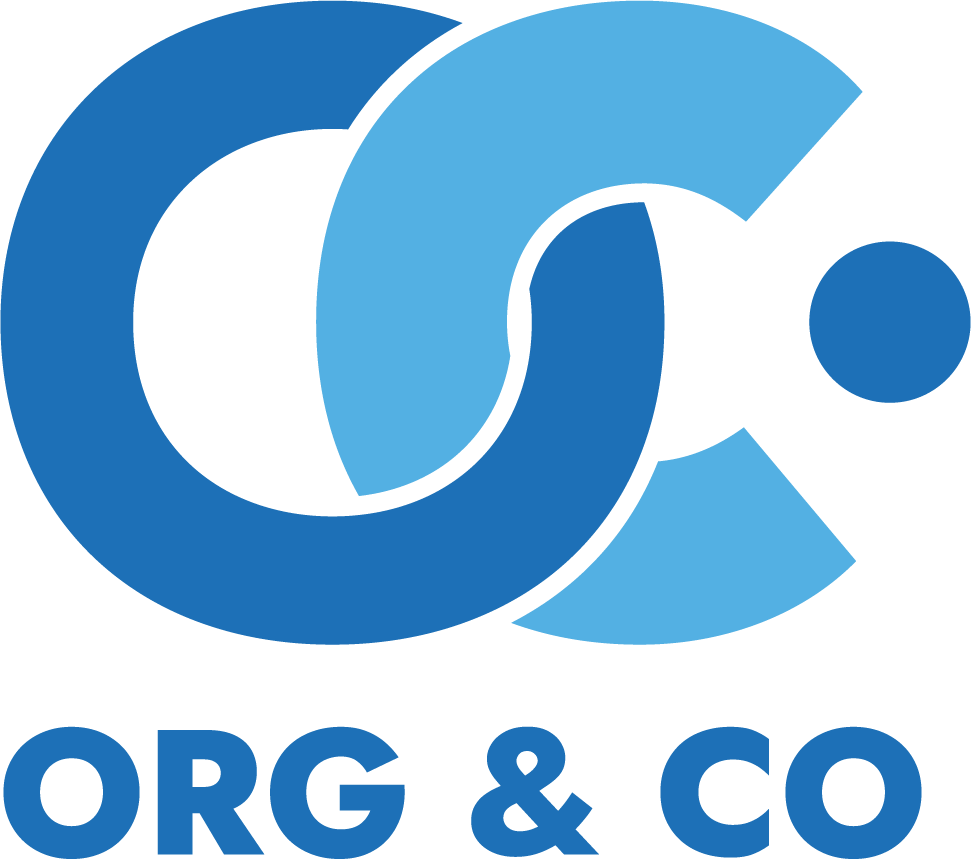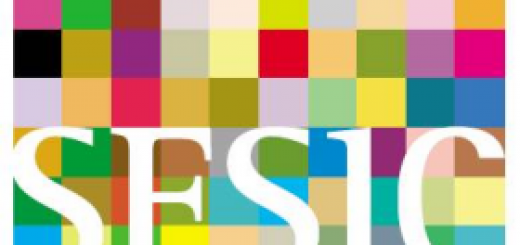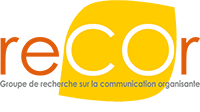[Emploi] Project MITACS, UQAM
For more details about funding and advantages, please visit: https://www.mitacs.ca/en/programs/globalink/globalink-research-internship
Project ID 22540: Advertising and food consumption habits. Regulation, discursive mechanisms, and methodology for critical analysis
Food-related topics are more and more popular and controversial in the media: home-grown food, organic foods, processed foods, cooking challenges, fad diets, cooking schools, Michelin stars, healthy eating habits, harmful ingredients, obesity , eating disorders, veganism, etc. Social issues develop around legal frameworks and discursive mechanisms. Our objectives with this first project are: 1.- Conducting a literature review on advertising studies in Canada and North America; 2.- identifying regulations about informing, advertising, packing, labelling food in Canada; 3.- Identifying, on the basis at first of a limited sample, the discursive mechanisms used in advertising in the food sector to influence buying decisions and eating habits to sketch a taxonomy. The aim is to establish a first coding grid to analyze a broader advertising corpus and collaborate with foreign researchers interested in the same subject (at the time being, collaborations are being established with French, Spanish and Brazilian universities).
Project ID 24643: Silence in organizations
Silence seems to remain an understudied concept. Generally understood as an absence of talk, it can nonetheless be analyzed in different ways depending on the disciplinary perspective of the research. Silence is not only a phenomenon that circumscribes and paces speech in a linguistic perspective, it is then subject to interpretation, be it for the analysis of a psychopathology or to highlight cultural differences in social interactions. Stuart Hall’s The Silent Language (1959) is a milestone in the study of non-verbal, hence “silent”, communication. Saville-Troike (1985) offered a categorization of silence in an integrated theory of communication around two dimensions: channel (vocal and non vocal) and code (verbal and non verbal). But silence and silencing is also about strategic communication and power relations, which are of the utmost importance in organizational communication. In organization studies and management, previous works are more about employee voice i.e. issue selling, whistle-blowing, championing, dissent, and boat-rocking. Silence has consequences; it affects relationships between people. Focus on silence is more recent. Within organizations, it is also a managerial concern referred as employee silence mostly linking organizational settings and employee attitude towards voicing or silencing their concerns. This notion is here understood as the impossibility to speak up at work and is essentially considered as a dysfunction that can be detrimental to the organization. This project aims to enlarge the understanding and study of silence to other perspectives relevant to power concerns, as feminism and critical theories, and agency, as pragmatic and processual communication, to link them to organization studies.



